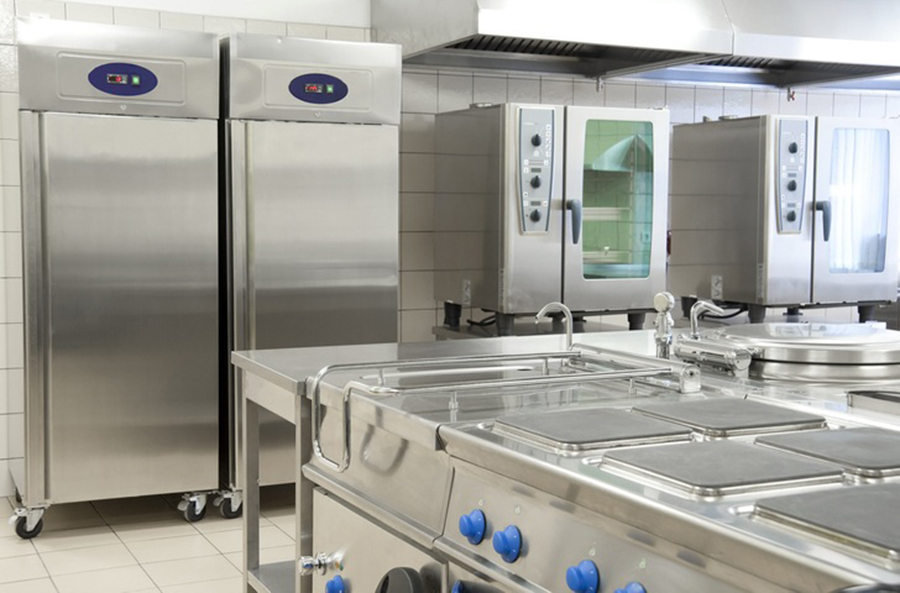
-
 Afrikaans
Afrikaans -
 Albanian
Albanian -
 Amharic
Amharic -
 Arabic
Arabic -
 Armenian
Armenian -
 Azerbaijani
Azerbaijani -
 Basque
Basque -
 Belarusian
Belarusian -
 Bengali
Bengali -
 Bosnian
Bosnian -
 Bulgarian
Bulgarian -
 Catalan
Catalan -
 Cebuano
Cebuano -
 Corsican
Corsican -
 Croatian
Croatian -
 Czech
Czech -
 Danish
Danish -
 Dutch
Dutch -
 English
English -
 Esperanto
Esperanto -
 Estonian
Estonian -
 Finnish
Finnish -
 French
French -
 Frisian
Frisian -
 Galician
Galician -
 Georgian
Georgian -
 German
German -
 Greek
Greek -
 Gujarati
Gujarati -
 Haitian Creole
Haitian Creole -
 hausa
hausa -
 hawaiian
hawaiian -
 Hebrew
Hebrew -
 Hindi
Hindi -
 Miao
Miao -
 Hungarian
Hungarian -
 Icelandic
Icelandic -
 igbo
igbo -
 Indonesian
Indonesian -
 irish
irish -
 Italian
Italian -
 Japanese
Japanese -
 Javanese
Javanese -
 Kannada
Kannada -
 kazakh
kazakh -
 Khmer
Khmer -
 Rwandese
Rwandese -
 Korean
Korean -
 Kurdish
Kurdish -
 Kyrgyz
Kyrgyz -
 Lao
Lao -
 Latin
Latin -
 Latvian
Latvian -
 Lithuanian
Lithuanian -
 Luxembourgish
Luxembourgish -
 Macedonian
Macedonian -
 Malgashi
Malgashi -
 Malay
Malay -
 Malayalam
Malayalam -
 Maltese
Maltese -
 Maori
Maori -
 Marathi
Marathi -
 Mongolian
Mongolian -
 Myanmar
Myanmar -
 Nepali
Nepali -
 Norwegian
Norwegian -
 Norwegian
Norwegian -
 Occitan
Occitan -
 Pashto
Pashto -
 Persian
Persian -
 Polish
Polish -
 Portuguese
Portuguese -
 Punjabi
Punjabi -
 Romanian
Romanian -
 Russian
Russian -
 Samoan
Samoan -
 Scottish Gaelic
Scottish Gaelic -
 Serbian
Serbian -
 Sesotho
Sesotho -
 Shona
Shona -
 Sindhi
Sindhi -
 Sinhala
Sinhala -
 Slovak
Slovak -
 Slovenian
Slovenian -
 Somali
Somali -
 Spanish
Spanish -
 Sundanese
Sundanese -
 Swahili
Swahili -
 Swedish
Swedish -
 Tagalog
Tagalog -
 Tajik
Tajik -
 Tamil
Tamil -
 Tatar
Tatar -
 Telugu
Telugu -
 Thai
Thai -
 Turkish
Turkish -
 Turkmen
Turkmen -
 Ukrainian
Ukrainian -
 Urdu
Urdu -
 Uighur
Uighur -
 Uzbek
Uzbek -
 Vietnamese
Vietnamese -
 Welsh
Welsh -
 Bantu
Bantu -
 Yiddish
Yiddish -
 Yoruba
Yoruba -
 Zulu
Zulu
CE Certified Automatic Thread Rolling Machine - High Precision Threading Solutions
CE Certification for Automatic Thread Rolling Machines
Automatic thread rolling machines are vital tools used in various manufacturing processes, particularly in the production of threaded fasteners and components. These machines provide a cost-effective and efficient method for creating high-strength threads on metal rods and shafts. However, to operate in many regions, particularly in Europe, manufacturers of these machines must ensure that they meet specific regulatory standards, including CE certification.
CE certification is a key indicator that a product complies with the essential health, safety, and environmental protection standards established by the European Union (EU). For automatic thread rolling machines, obtaining CE certification is essential not only for legal compliance but also for enhancing the machine's marketability and assuring customers of its quality and safety.
The process of achieving CE certification for an automatic thread rolling machine begins with a thorough assessment of the machine's design and manufacturing processes. This involves evaluating its compliance with relevant EU directives, such as the Machinery Directive (2006/42/EC), which outlines safety requirements for various types of machinery. Manufacturers must ensure that their machines are designed to minimize risks, including mechanical, electrical, and thermal hazards.
Once the design meets the requisite standards, rigorous testing is conducted to validate the machine's performance and safety features. This includes evaluating the machine's structural integrity, load capacity, and operational controls. The testing phase is critical as it verifies that the machine can operate safely under intended conditions and can withstand potential misuse or operational errors.
ce certification automatic thread rolling machine

Documentation plays a crucial role in the CE certification process. Manufacturers are required to provide a comprehensive technical file that includes design calculations, risk assessments, test results, and user manuals. This documentation must clearly demonstrate how the machine complies with EU standards.
After completing the necessary evaluations and documentation, manufacturers may need to engage a notified body, an organization designated by EU member states to assess the conformity of certain products before they are placed on the market. If the machine passes the evaluation by this body, the manufacturer can then affix the CE marking to their product, indicating compliance with EU regulations.
In addition to compliance with safety standards, CE certification can also enhance a manufacturer's reputation in the market. It serves as a testament to the quality and safety of the machine, potentially increasing customer confidence and expanding sales opportunities across Europe and beyond.
In conclusion, obtaining CE certification for automatic thread rolling machines is a crucial step for manufacturers looking to market their products in the European Union. Through careful design, rigorous testing, and comprehensive documentation, manufacturers can achieve compliance with established safety standards, ensuring their machines are both effective and safe for use. Ultimately, CE certification not only reflects a commitment to quality but also opens doors to new market possibilities.
